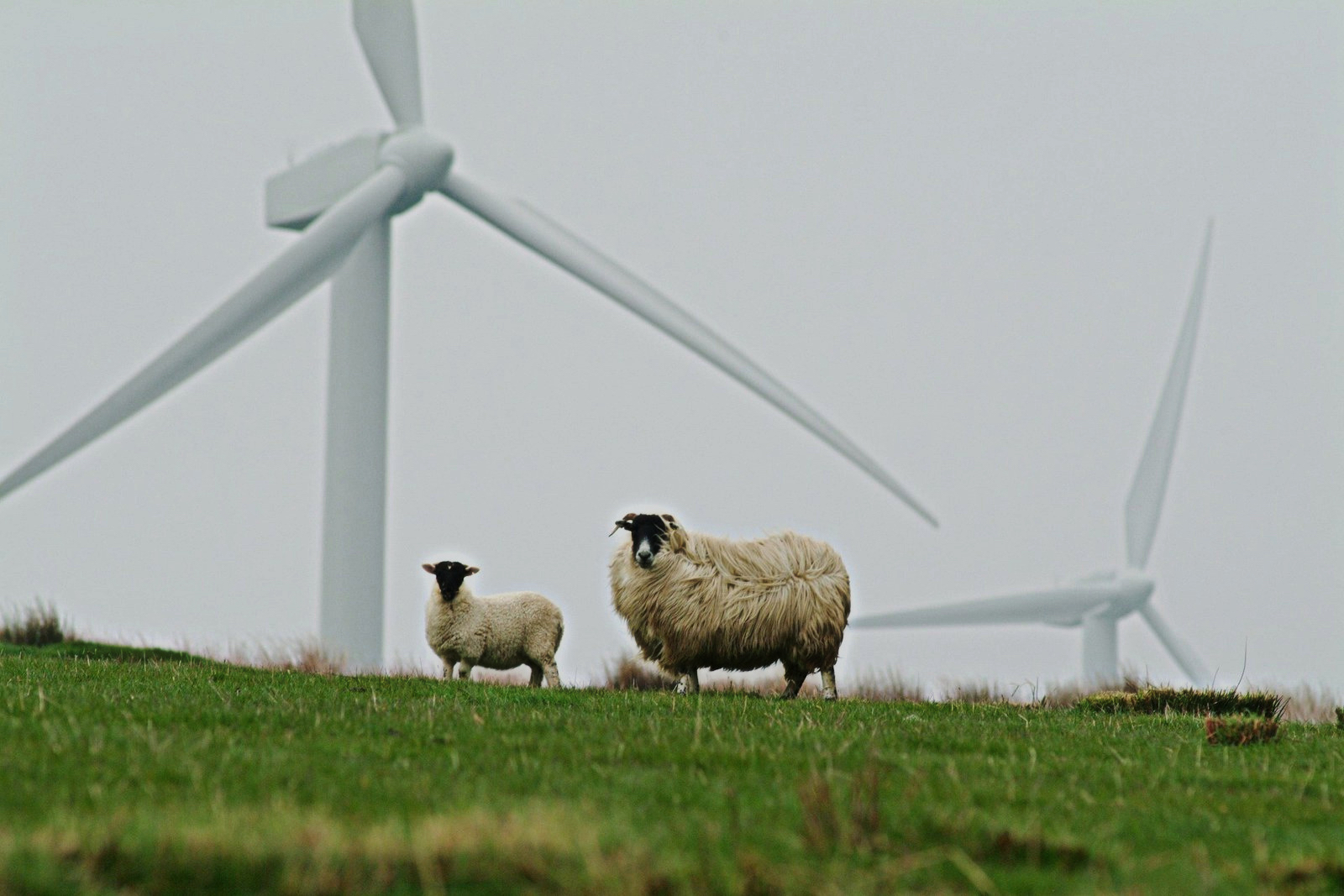
A Former Soviet Republic is Going Green
Kazakhstan rolled out its climate change objectives during COP27, the UN climate conference, which was held last month in Sharm El Sheikh, Egypt. Among other objectives, Kazakhstan remains committed to its goal of achieving carbon neutrality by 2060.
President Kassym-Jomart Tokayev did not attend, opting instead to send Prime Minister Alikhan Smailov in his place. During the gathering, Smailov remarked how Kazakhstan is looking to implement a low-carbon development strategy, making Kazakhstan the first Central Asian country to do so. “Smailov said Kazakhstan is still aiming for net zero emissions by 2060, and he reiterated a pledge to achieve an unconditional 15pc carbon emissions cut by 2030,” according to media reports.
Furthermore, during the high-profile summit, Ursula von der Leyen, the president of the European Commission, and Smailov signed an agreement “to develop renewable hydrogen and battery value chains, to boost the green and digital transformation of both sides’ economies.” Once implemented, this agreement will create favorable conditions to establish financial and technological cooperation between Kazakhstan and European industries for a sustainable supply of raw materials from Central Asia to Europe.
Kazakhstan is also looking to utilize its green agenda to strengthen its role as a regional leader. Moreover, the country is willing to work with international partners on issues related to the global climate agenda, said Smailov. Smailov remarked his country is capable and willing to become a regional center for developing renewable energy sources and stimulating the transition of Central Asia to “green” technologies.
An agency that can serve as a hub of this regional transition is the Astana International Financial Centre (AIFC). The centre already operates a Green Financial Centre tasked with “the development of green finance in Kazakhstan and Central Asia. The main goal is to bring investments to a sustainable economy through trending financial instruments, such as green and social bonds.”
It is worth noting that Astana is looking to expand the role of the AIFC and the GFC by teaming up with other international agencies. During a recent meeting of the Organization of Turkic States in Uzbekistan, Tokayev suggested creating a “Turkic Green Finance Council, which may be headquartered in the Astana International Financial Center’s Green Finance Center.”
Environmental protection appears to be high on Tokayev’s agenda, as he routinely makes proposals at high-profile meetings regarding this topic. For example, during a meeting of other regional heads of state in Kyrgyzstan this past July, Tokayev proposed “to establish a Central Asian project office for environmental protection and implementation of a coordinated policy on climate change in the region.” Integration in Central Asia has historically been a complex issue, but climate protection is both an important and non-controversial topic that regional governments could finally address together.
Apart from protecting the environment, Kazakhstan’s government is also interested in tapping into the green economy for its economic benefits. The country is a major energy exporter, but it is also seeking to diversify its economy and develop other industries. Bringing investments to Kazakhstan for green projects would be a significant victory for Astana, and there have already been some initial successes.
During COP27, Kazakhstan and Fortescue Future Industries, an Australian energy company, signed a framework agreement to produce “green” hydrogen in several regions, including Atyrau and Mangistau, rich with water and wind resources. In a press release, the company said: “This shift is intended to help meet the government’s ambitious goals of reducing the country’s greenhouse gas emissions to 15 percent below their 1990 levels by 2030 and reaching carbon neutrality by 2060.”
Additionally, Smailov emphasized the importance of technological modernization. Specifically, there is a critical need to incite the exchange of “green knowledge” and the transfer of clean technologies under the umbrella of the Paris Agreement. Germany plans to open a Hydrogen Diplomacy Office in Astana to “institutionalize interaction between the governments and experts of Kazakhstan and Germany to create a stable fuel energy cycle,” in addition to the construction of a green hydrogen production and distribution hub in the Mangystau region. The German-based Svevind Energy Group will carry out the construction.
The announcement by the German government and the agreement with the European Union are examples that Kazakhstan’s European partners that can assist with its green agenda. With more European support and regular dialogue between the EU and European governments with Astana, it is possible to establish fruitful, win-win cooperation in political, economic, and environmental areas in the foreseeable future.
Unfortunately, there were no agreements or initiatives between Washington and Astana during the climate conference. As I discussed in a 2021 report, this is a missed opportunity for cooperation with Washington. Kazakhstan has a variety of environmental protection projects, from healing the Aral Sea to planting 2 billion trees by 2025.
Since the Biden administration is very focused on environmental protection and climate change, a green agenda could be the cornerstone for increased Astana-Washington cooperation. As a follow-up to COP27, John Kerry, Biden’s climate envoy, could visit Astana to meet with local and regional leaders to discuss how climate change is affecting Central Asia and what else Washington can do to help.
Agencies like USAID are already quite active in assisting Kazakhstan and other regional partners in protecting their local environments. Still, a high-profile visit by John Kerry would be significant and jumpstart a Green C5+1. This hypothetical visit would demonstrate that Washington, like Brussels, also recognizes Astana’s crucial role in Central Asia in protecting its environment and strengthening climate cooperation.
Kazakhstan’s multi-vector foreign policy has helped establish solid relations with a number of Western and non-Western governments. In the context of climate change, Kazakhstan, like all countries, is not shielded from its damaging effects. For further context, I would suggest reading a report by the Skolkovo Moscow School of Management on Kazakh, Indian, and Chinese policies in combatting climate change.
A forward-looking foreign policy and environmental protection are coming together in Kazakhstan to create a green strategy with both domestic and foreign policy objectives.
